The Hague Apostille Convention Treaty Explained
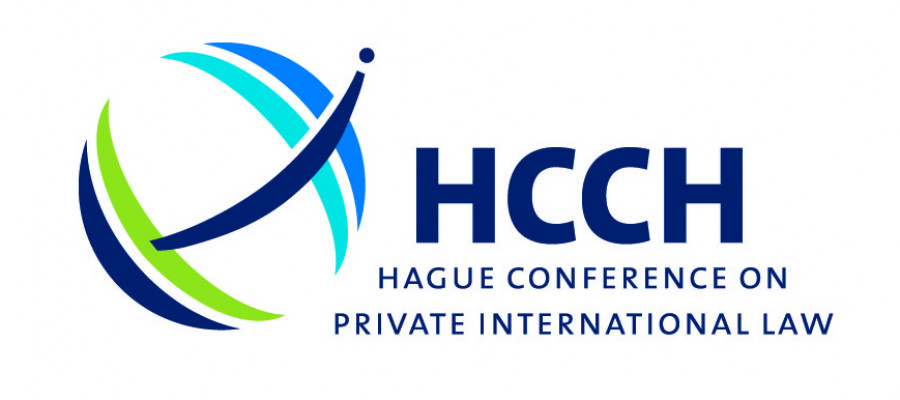
The Hague Apostille Convention Treaty Explained
Navigating the world of international document verification can be a daunting task, especially when it involves legalizing documents for use across borders.
That’s where the Hague Apostille Convention comes into play, a beacon of hope for those tangled in the red tape of document authentication. This treaty, established back in 1961, aims to simplify the process of legalizing documents for international use, making it easier for individuals and businesses to operate on a global scale.
Whether it’s a birth certificate, a diploma, or a legal document, the convention ensures that once a document is apostilled in its country of origin, it’s recognized in all member countries. This introduction to the Hague Apostille Convention will unravel the complexities of document legalization, guiding you through its purpose, how it works, and its global impact.
So, buckle up as we dive into the world of apostilles, making international document verification a breeze.
What is the Hague Apostille Convention?
The Hague Apostille Convention, officially known as the Hague Convention of 5 October 1961 Abolishing the Requirement of Legalisation for Foreign Public Documents, is a crucial international treaty aimed at streamlining the process of document legalization across borders.
Its core objective is to eliminate the cumbersome need for double certification—first by the originating country and then by the recipient country—a process that was both time-consuming and costly. Under this convention, member countries agree to recognize public documents issued by other member countries, provided they are attached with an apostille.
An apostille is a specialized form of certification that authenticates the seals and signatures on documents, thereby making them acceptable in all other member countries without any further need for authentication or legalization.
This applies to a broad spectrum of public documents, including but not limited to, birth certificates, court orders, patents, and educational diplomas. The convention has greatly eased international legal and business exchanges by ensuring that documents can be readily verified and accepted across national boundaries.
This ease of document verification has significantly impacted global mobility, trade, and legal processes, reducing the barriers for individuals and businesses needing to authenticate their documents in foreign countries.
As of the latest update, the Hague Apostille Convention includes over 120 member countries, highlighting its global acceptance and the widespread trust in this efficient system of document legalization.
Why was the Hague Apostille Convention established?
The Hague Apostille Convention was established to address the cumbersome and time-consuming process of document legalization for international use.
Before the existence of the 1961 Hague Convention, documents needed to be certified by the originating country and then again by the receiving country, a process known as double certification. This was not only costly but also created significant barriers to global mobility, trade, and legal processes.
To combat these challenges, the convention introduced the apostille, a certification that eliminates the need for double-certification. The goal was to simplify and expedite the process of legalizing documents for international recognition.
By doing so, the Hague Apostille Convention aimed to facilitate international exchanges by ensuring that documents issued in one member country could be easily recognized in all other member countries without further authentication.
This initiative was a direct response to the increasing pace of global interactions, recognizing the need for a more efficient system to support international activities such as education, employment, and legal affairs.
Through the establishment of the Hague Apostille Convention, the international community took a significant step towards reducing bureaucratic hurdles, thereby promoting easier cross-border mobility and cooperation.
To simplify the legalization of documents internationally
The establishment of the Hague Apostille Convention aimed primarily at simplifying the international legalization process for documents. This initiative sought to remove the previously required complex, multi-tiered procedures, facilitating easier recognition of documents across national borders.
By introducing the apostille certification, a streamlined process was created, allowing documents to undergo a single authentication process for acceptance in any member country, thus simplifying international document exchange.
To eliminate the need for double-certification by the originating and receiving countries
A critical goal of the convention was to eliminate the burdensome requirement for documents to undergo double certification—first in the country of origin and then again in the destination country.
This process was not only inefficient but also created significant barriers to international mobility and cooperation. The apostille certification was designed as a universal solution, accepted among all member countries, to negate the need for further authentication.
This effectively facilitates smoother global exchanges by reducing bureaucratic obstacles.
How does the Hague Apostille Convention work?
The Hague Apostille Convention revolutionizes the document authentication process for international use by introducing a standardized certification, known as an apostille. This certification is issued by a designated authority in the document’s country of origin.
The key function of the apostille is to verify the authenticity of the document’s signature, confirm the capacity in which the signatory acted, and authenticate any seal or stamp on the document.
Once a document is apostilled, it gains recognition in all other member countries of the convention, eliminating the need for any further legalization. This mechanism facilitates the seamless international circulation of documents, covering a wide range of purposes including personal, educational, legal, and business needs.
The apostille acts as a universal bridge that meets the legal verification requirements across different jurisdictions, making international document exchange more straightforward than ever before.
Through this process, the Hague Apostille Convention streamlines what used to be a cumbersome and lengthy procedure, offering a single-step solution for the authentication of documents for use abroad.
For example, businesses expanding internationally have reported significant reductions in document processing times—from several months to just a few weeks—thanks to the apostille system. Additionally, individuals have experienced cost savings, as the need for multiple certifications and legalizations, which could cumulatively amount to hundreds of dollars per document, is eliminated.
A document is issued an Apostille by a competent authority in the country of origin
An apostille is awarded to a document by a designated authority within its country of issuance. This step is crucial for ensuring the document adheres to the international standards established by the Hague Apostille Convention.
It marks the first step in the process of making a document legally recognizable beyond its borders.
The Apostille certifies the authenticity of the document’s signature, the capacity in which the person signing the document acted, and the identity of any stamp or seal attached to the document.
The core function of an apostille lies in its ability to authenticate the signature on the document, verify the official capacity of the signatory, and confirm the legitimacy of any seal or stamp it carries. This certification process is vital, as it establishes the document’s credibility and ensures that the individual signing held the authority to do so, facilitating its international acceptance.
The Apostille allows the document to be recognized in any of the other signatory countries without further authentication.
With an apostille, a document gains immediate recognition in all member countries of the Hague Apostille Convention, bypassing the need for any additional legalization steps by the destination country’s embassy or consulate.
This direct acceptance streamlines the international use of documents, making cross-border transactions, legal matters, and personal affairs more efficient and less cumbersome.
Who can issue an Apostille?
The authority to issue an apostille is designated to specific bodies within each country, as determined by the Hague Apostille Convention.
In the United States, this responsibility is assigned to the Secretaries of State of each state, who are authorized to authenticate documents such as birth certificates, court orders, and other state-issued documents.
In the United Kingdom, the Foreign, Commonwealth & Development Office (FCDO) is the competent authority, tasked with the apostille process for documents originating within its jurisdiction.
These designated authorities play a crucial role in verifying the authenticity of documents prior to issuing an apostille, thereby ensuring they adhere to the international standards required for recognition and acceptance by other member countries of the convention.
This structured approach to designating authorities guarantees a standardized and trustworthy apostille process, essential for the smooth international circulation of documents.
In the United States, Secretaries of State
In the United States, the issuance of an apostille is the responsibility of the Secretaries of State within each state. These state-level officials authenticate a wide array of documents, including but not limited to, birth certificates and court orders.
Their role is pivotal in ensuring that documents are prepared according to the standards required by the Hague Apostille Convention for international recognition.
Each state has its own Secretary of State office, and the process may vary slightly from one state to another. Documents typically need to be original or certified copies issued by the relevant state authority.
In the United Kingdom, the Foreign, Commonwealth & Development Office
For the United Kingdom, the Foreign, Commonwealth & Development Office (FCDO) is the designated authority for apostille services. This central body handles the verification and authentication of documents, ranging from educational certificates to legal documents, making them valid for use per the Hague Apostille Convention across its participating member countries.
The FCDO examines public documents such as birth, death, and marriage certificates, educational documents, and court letters to ensure they meet the necessary criteria before issuing an apostille.
Country
Competent Authority
Criteria for Eligibility
Contact Information
United States
Secretaries of State (varies by state)
Original or certified copies issued by state authorities
Varies by state; accessible via state websites
United Kingdom
Foreign, Commonwealth & Development Office (FCDO)
Public documents like birth, death, marriage certificates, educational documents, court letters
FCDO Contact Page
Which documents require an Apostille?
An apostille is necessary for a broad spectrum of documents intended for legal recognition in countries participating in the Hague Apostille Convention. This includes personal documents such as birth certificates and marriage certificates, essential for processes like residency applications or overseas marriages. Court documents are often required to be apostilled for cross-border legal proceedings, ensuring their recognition by foreign judicial systems.
Educational documents, including diplomas and transcripts, must be apostillized to authenticate their validity for academic or employment opportunities abroad, guaranteeing international acceptance of educational achievements.
Essentially, any official document destined for use in a foreign country for legal, educational, employment, or personal reasons may need to be apostilled to affirm its authenticity and acceptability across national borders.
To provide a clearer understanding, below is a detailed table of documents that commonly require an apostille, their purposes, and potential pitfalls to avoid during the apostille process:
Document Type
Common Purpose
Potential Pitfalls to Avoid
Birth Certificate
Residency applications, overseas marriages
Ensure obtaining the long-form version; short-form versions may not be accepted.
Marriage Certificate
Legal status changes, residency applications in a spouse’s country
Verify that the document contains all necessary signatures and seals before submission.
Court Documents
Cross-border legal matters, adoptions, inheritance cases
Double-check for any specific requirements the foreign legal system may have.
Diploma
Job applications, further education overseas
Confirm that the issuing institution is recognized by the destination country.
Transcripts
Enrollment in foreign educational institutions
Make sure the transcript is complete and up-to-date; partial records may be rejected.
Understanding the specific requirements for each type of document and the common mistakes to avoid can significantly streamline the apostille process. For instance, a common pitfall involves not verifying whether a document needs to be apostilled in its original form or if a notarized copy will suffice, leading to delays.
Additionally, always check the destination country’s embassy or consulate for any special requirements or additional steps that might be necessary beyond the apostille.
How to get an Apostille?
Obtaining an apostille involves a clear process, starting with identifying the competent authority in the document’s country of origin. This authority, designated under the Hague Apostille Convention, is responsible for issuing apostilles.
The process typically involves submitting the document for apostillization to this authority, which can be done either online or in person, depending on the country’s specific procedures.
The competent authority then verifies the document’s authenticity and attaches the apostille certificate, certifying its conformity with the standards established by the Hague Apostille Convention. Some countries offer expedited services for an additional fee, useful for urgent requests.
It’s important to familiarize yourself with the specific requirements, procedures, and fees for obtaining an apostille in the document’s country of origin, as these can vary significantly.
Identify the competent authority in the document’s country of origin
The first step is to identify the competent authority responsible for issuing apostilles in the document’s country of origin. This is typically a government or state department authorized to authenticate documents for international use.
Submit the document for Apostille certification
After identifying the competent authority, submit the document needing apostillization for certification. Ensure the document meets the certification standards of the Hague Apostille Convention.
Some countries allow online applications, while others require in-person submission
The submission method varies by country. Some allow online applications, while others require in-person submissions. Check the issuing authority’s specific requirements and procedures in the document’s country of origin.
Enhanced Details:
Average Processing Times: Processing times can range from a few days to several weeks, depending on the country and whether expedited services are used.
Fees: Fees for obtaining an apostille can vary widely from one country to another and even from one document type to another within the same country. It’s essential to check the current fees directly with the competent authority.
Required Documentation: Typically, you’ll need to submit the original document or a certified copy, along with a form or request letter and the applicable fee. Some authorities may require additional documentation, so it’s crucial to verify this in advance.
Official Websites for Online Applications:
Many countries have dedicated portals or sections on their official government websites for apostille applications. These websites provide detailed information on the process, including how to apply online, fees, required documents, and processing times.
For specific information on how to obtain an apostille in your country, including links to official government websites or portals for online applications, it’s recommended to visit the website of the competent authority directly.
What countries are members of the Hague Apostille Convention?
The Hague Apostille Convention boasts participation from over 120 countries worldwide, establishing a unified standard for document authentication known as the apostille.
This includes a wide array of nations such as the United States, United Kingdom, and the majority of the European Union countries, alongside other members across different continents like Australia, India, Japan, and Brazil. Each of these countries has designated a competent authority to issue apostilles, simplifying the process of document verification for international purposes.
The broad membership of the convention underscores its effectiveness in facilitating smoother and more efficient document exchanges globally, enhancing legal and administrative cooperation among its member states.
Over 120 countries worldwide, including the U.S, Mexico, Australia, South Africa, New Zealand, United Kingdom, and most Europen Union nations.
The Hague Apostille Convention enjoys participation from over 120 countries around the world, encompassing a broad spectrum of nations. This includes key players such as the United States and the United Kingdom, in addition to the majority of the European Union (EU) member states.
The convention’s widespread acceptance highlights its vital role in facilitating the streamlined authentication of documents for international purposes, promoting smoother exchanges of legal, educational, and personal documents across its member countries.
What if a country is not a member of the Hague Apostille Convention?
When a country is not a member of the Hague Apostille Convention, the process required for document authentication is referred to as legalization.
This procedure is notably more complex and involves multiple steps, which can vary depending on the specific requirements of the country where the document will be used. Initially, the document must be verified by an appropriate government authority in the issuing country.
Following this, it needs to be authenticated by the embassy or consulate of the destination country. The legalization process is generally more time-consuming and cumbersome than obtaining an apostille, as it necessitates the document to pass through several layers of authentication. The primary goal of this process is to ensure the document’s authenticity is recognized in the non-member country.
To navigate the challenges of legalization, individuals and entities must carefully follow the specific requirements laid out by the non-member country to ensure their documents are properly validated for use. To provide a clearer understanding, here is a detailed step-by-step guide and examples of countries where legalization is required, along with tips for ensuring a smooth document authentication process:
Step-by-Step Guide for Document Legalization
Verification by Issuing Country’s Authority: The document must first be verified by the relevant government authority in the country where it was issued. This often involves confirming the authenticity of the document’s signature and seal.
Authentication by the Foreign Affairs Ministry: After initial verification, the document usually needs to be authenticated by the issuing country’s Foreign Affairs Ministry or a similar body.
Legalization by the Destination Country’s Embassy/Consulate: Finally, the embassy or consulate of the destination country will legalize the document, confirming it is valid for use within their jurisdiction.
Examples of Countries Requiring Legalization
Canada: As Canada is not a member, documents intended for use there need to go through the Canadian embassy or consulate for legalization.
Tips for Smooth Document Authentication
Understand the Requirements: Each country has its own set of requirements for legalization. It’s crucial to understand these requirements well in advance.
Plan for Additional Time: Given the multiple steps involved, the legalization process can take significantly longer than apostille. Allow ample time for each step.
Seek Professional Help: For complex cases, consider using a professional service that specializes in document legalization to navigate the process more efficiently.

































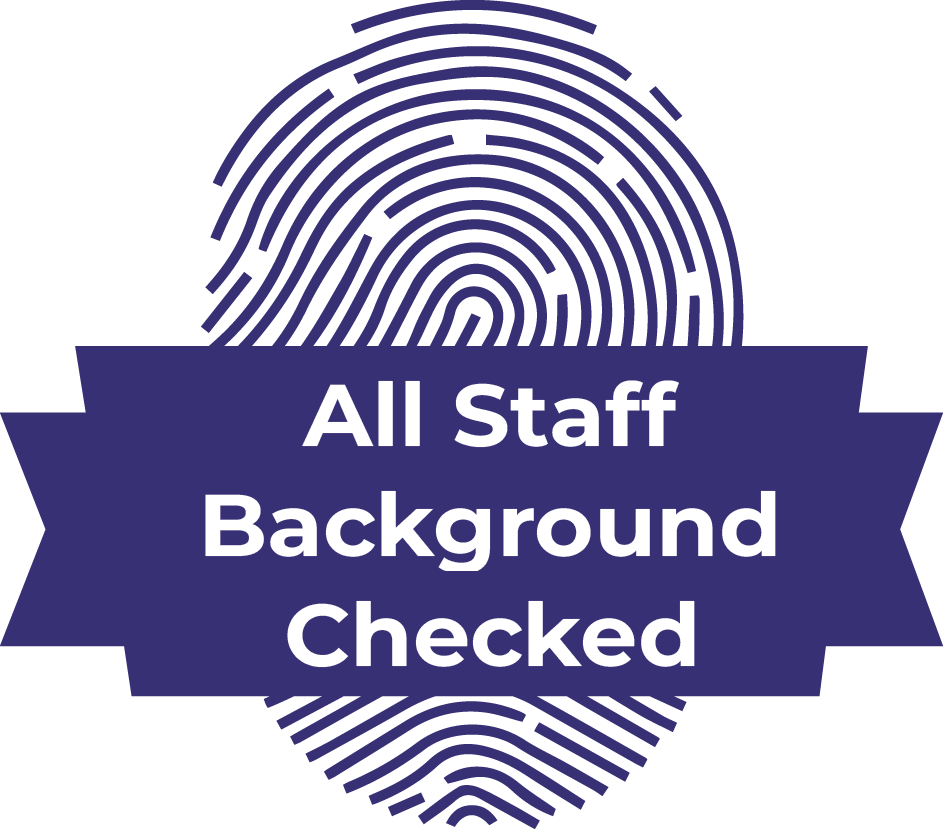









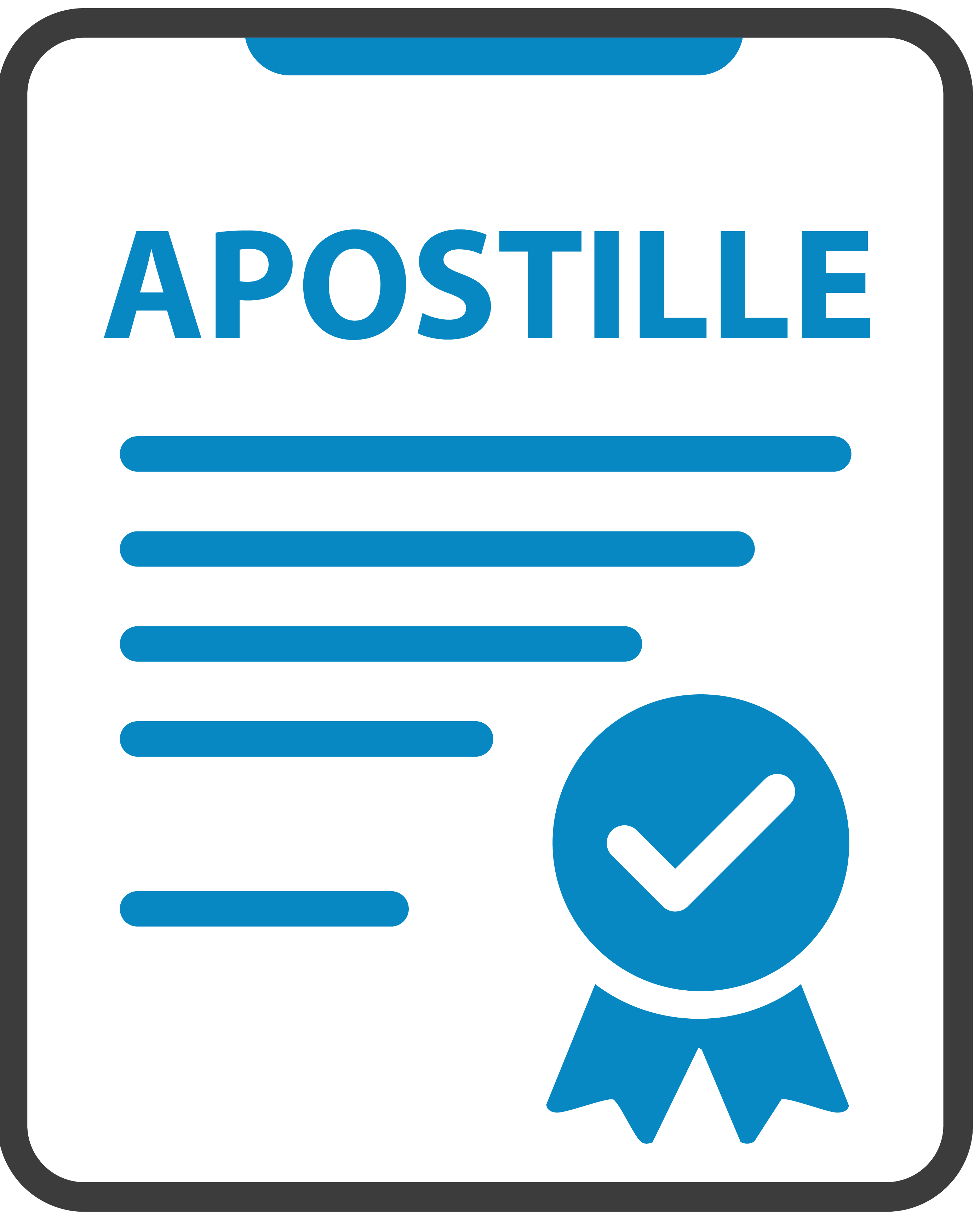


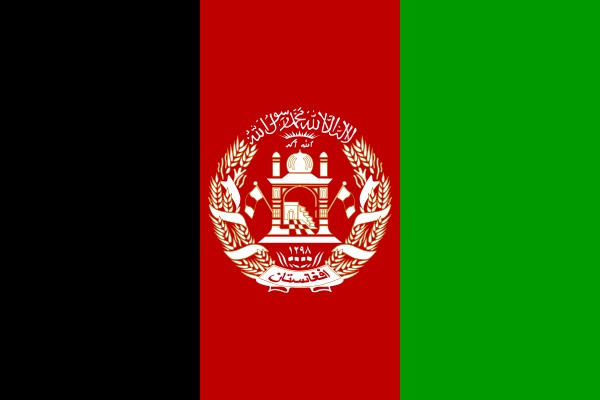


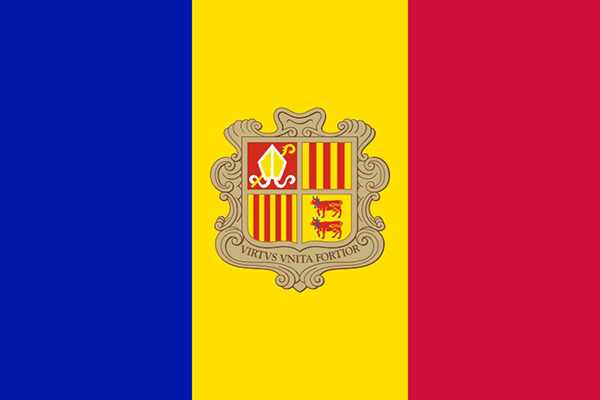
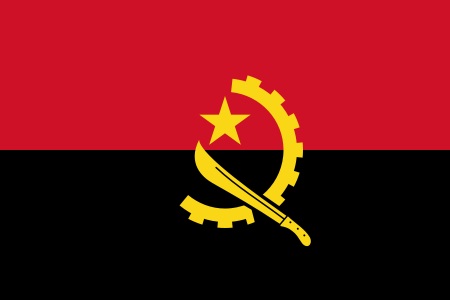


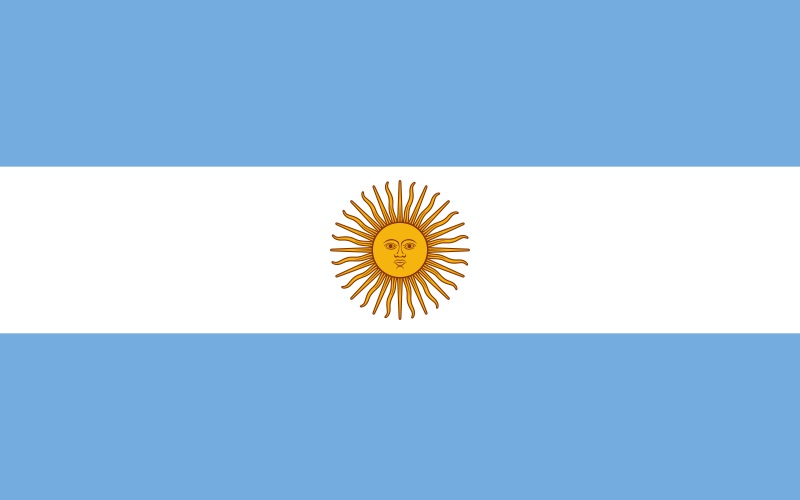










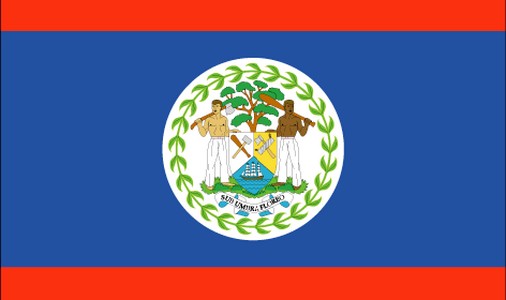






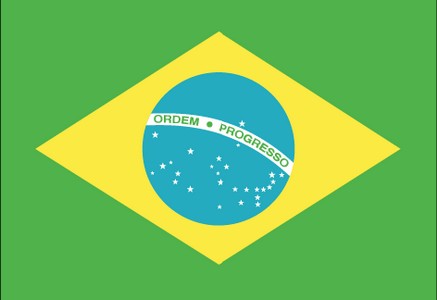






















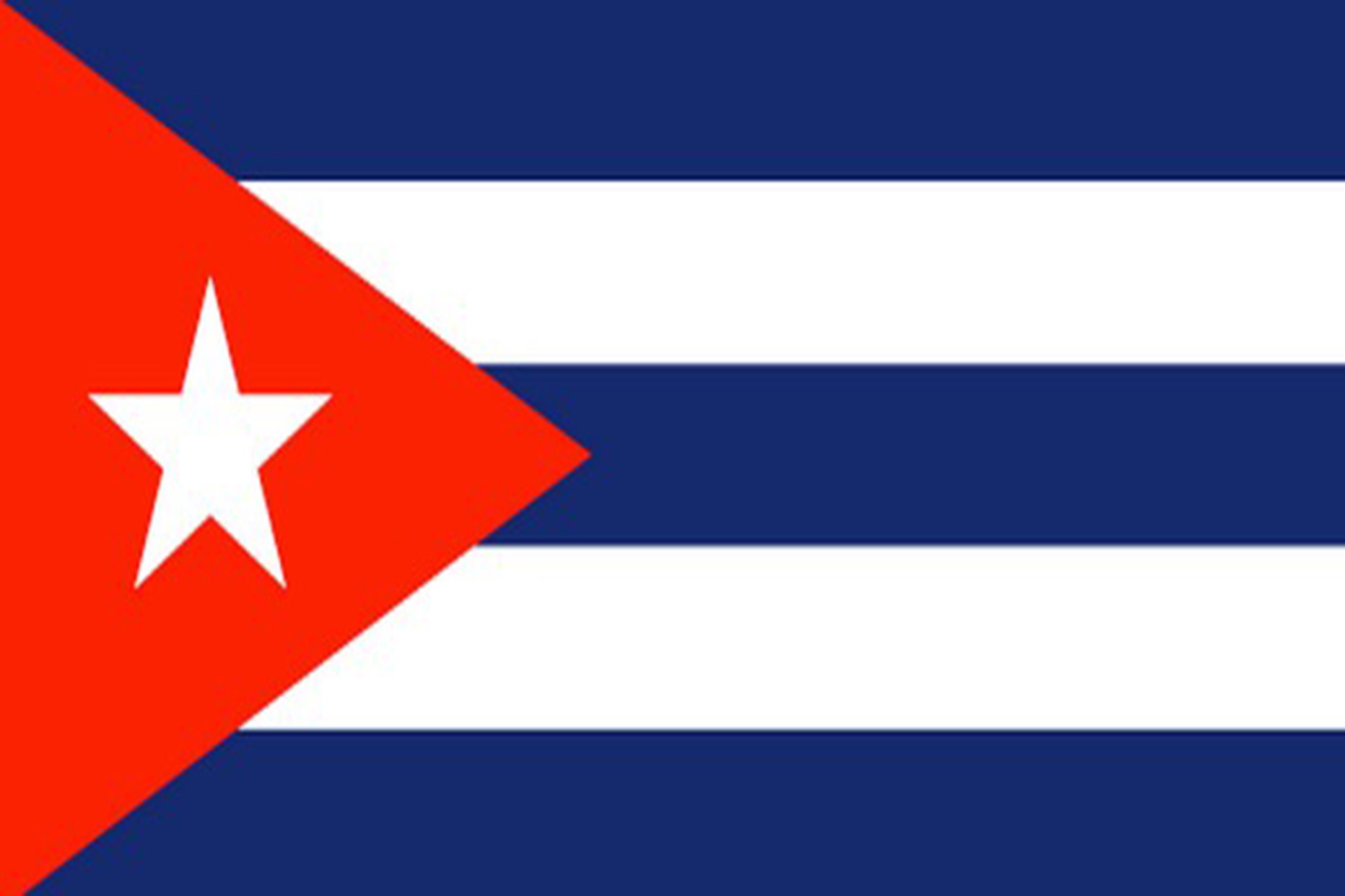
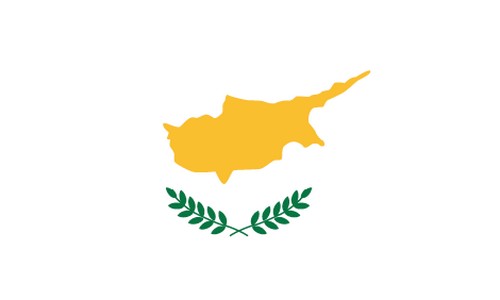





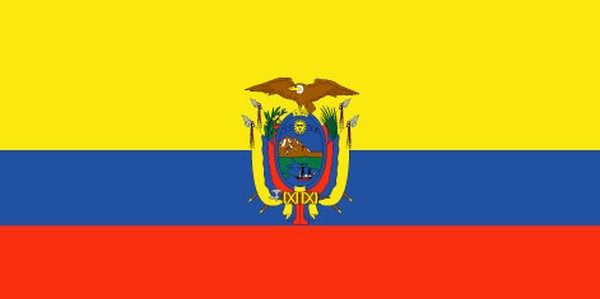

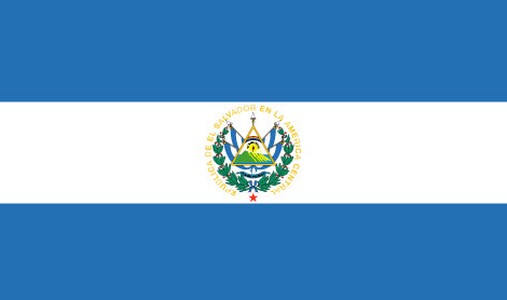
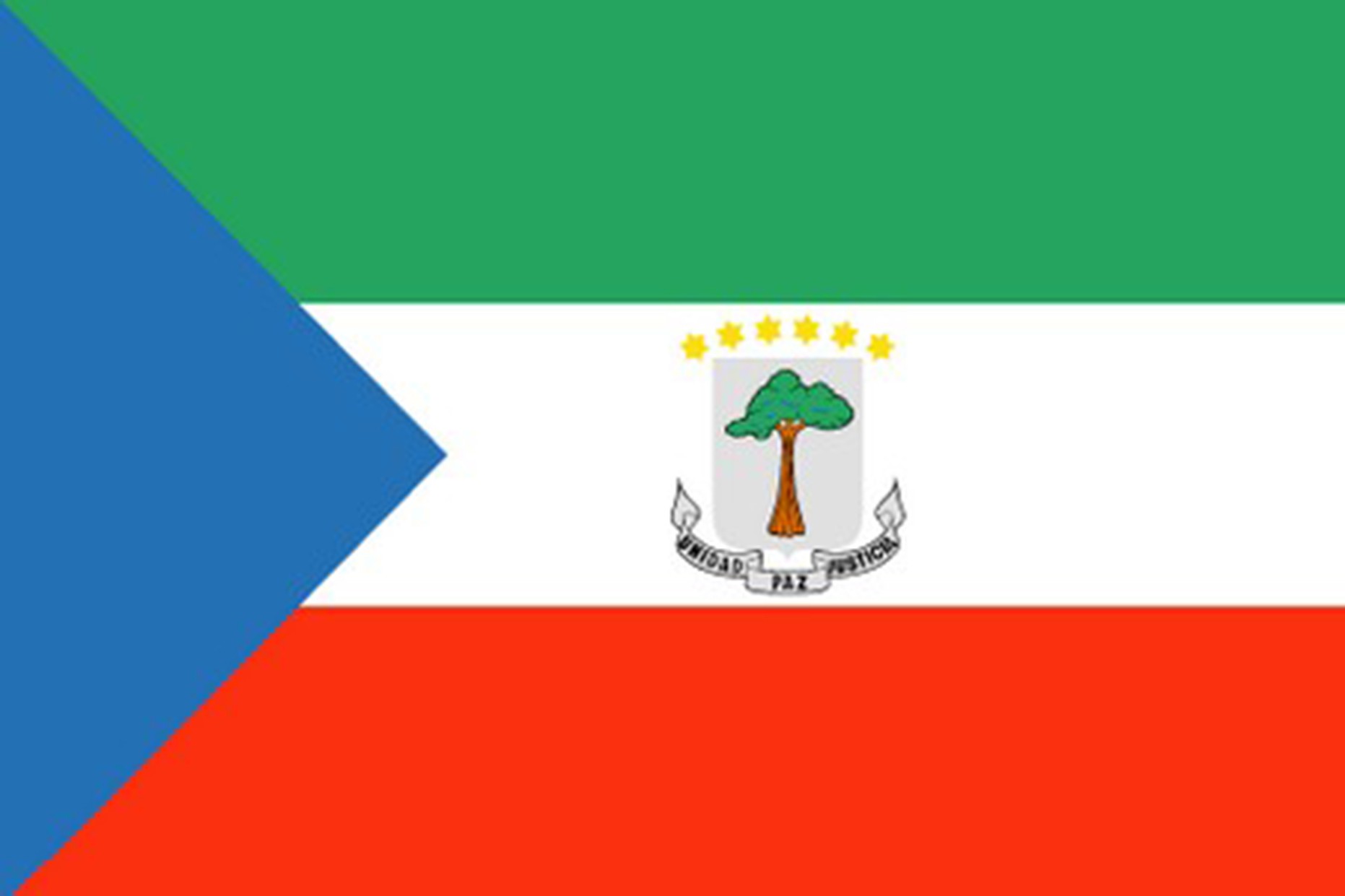








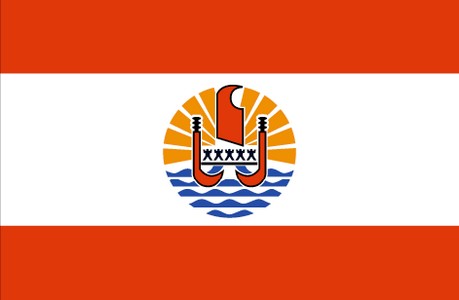





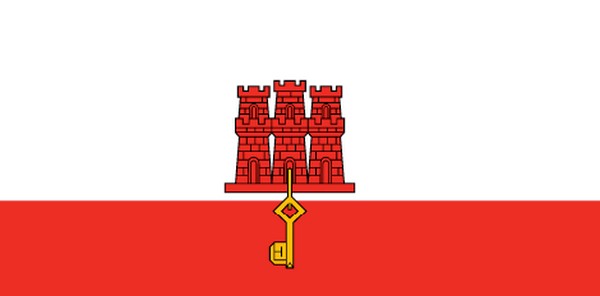



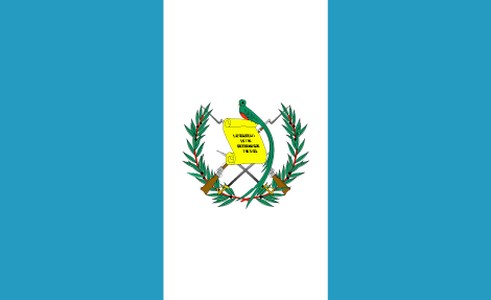




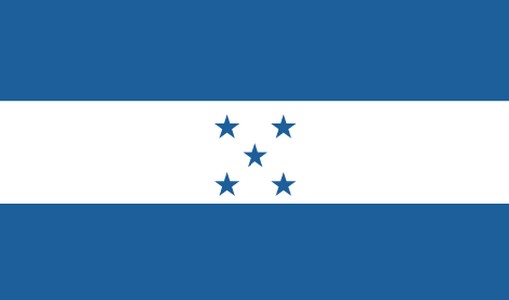





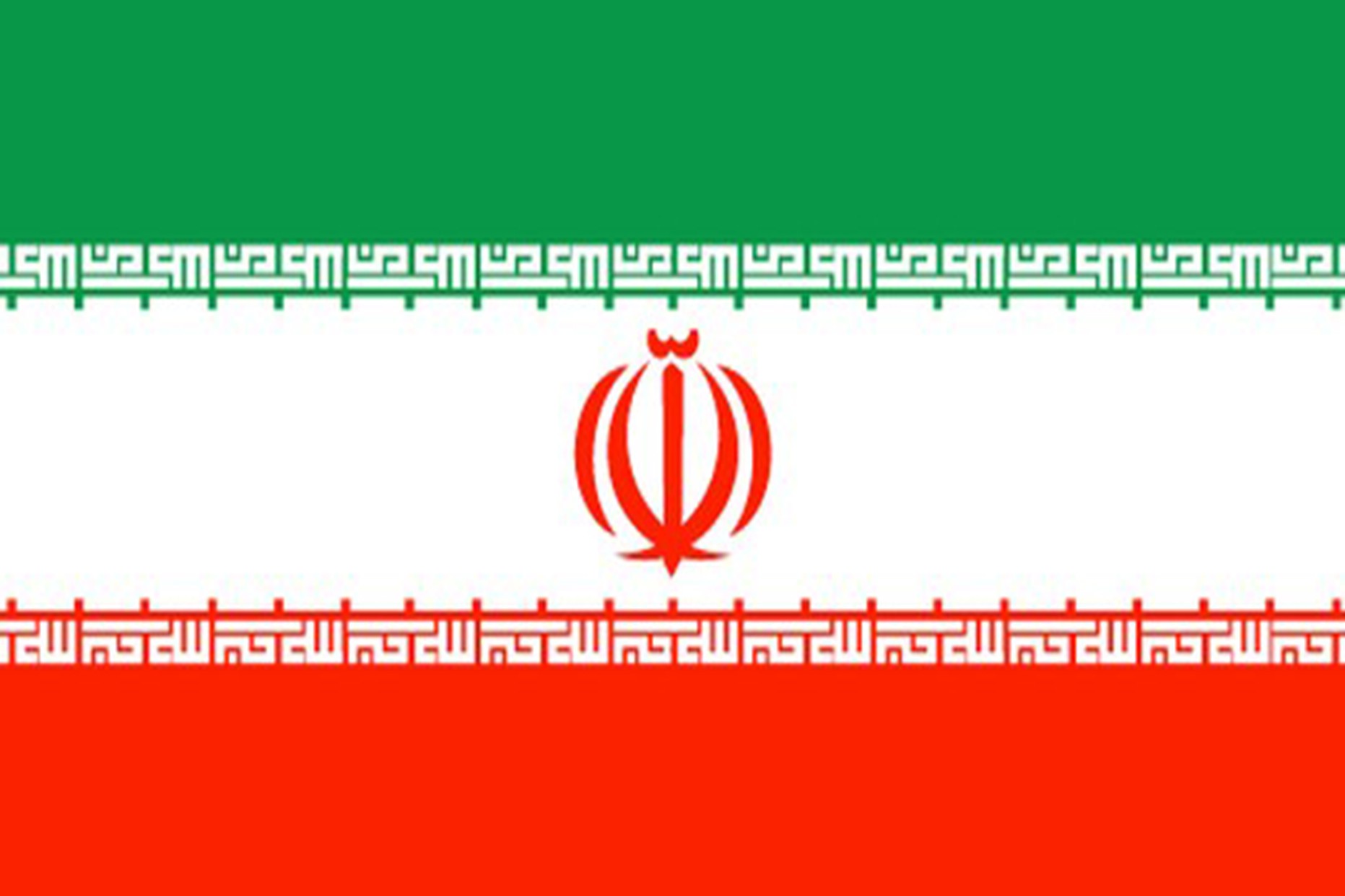





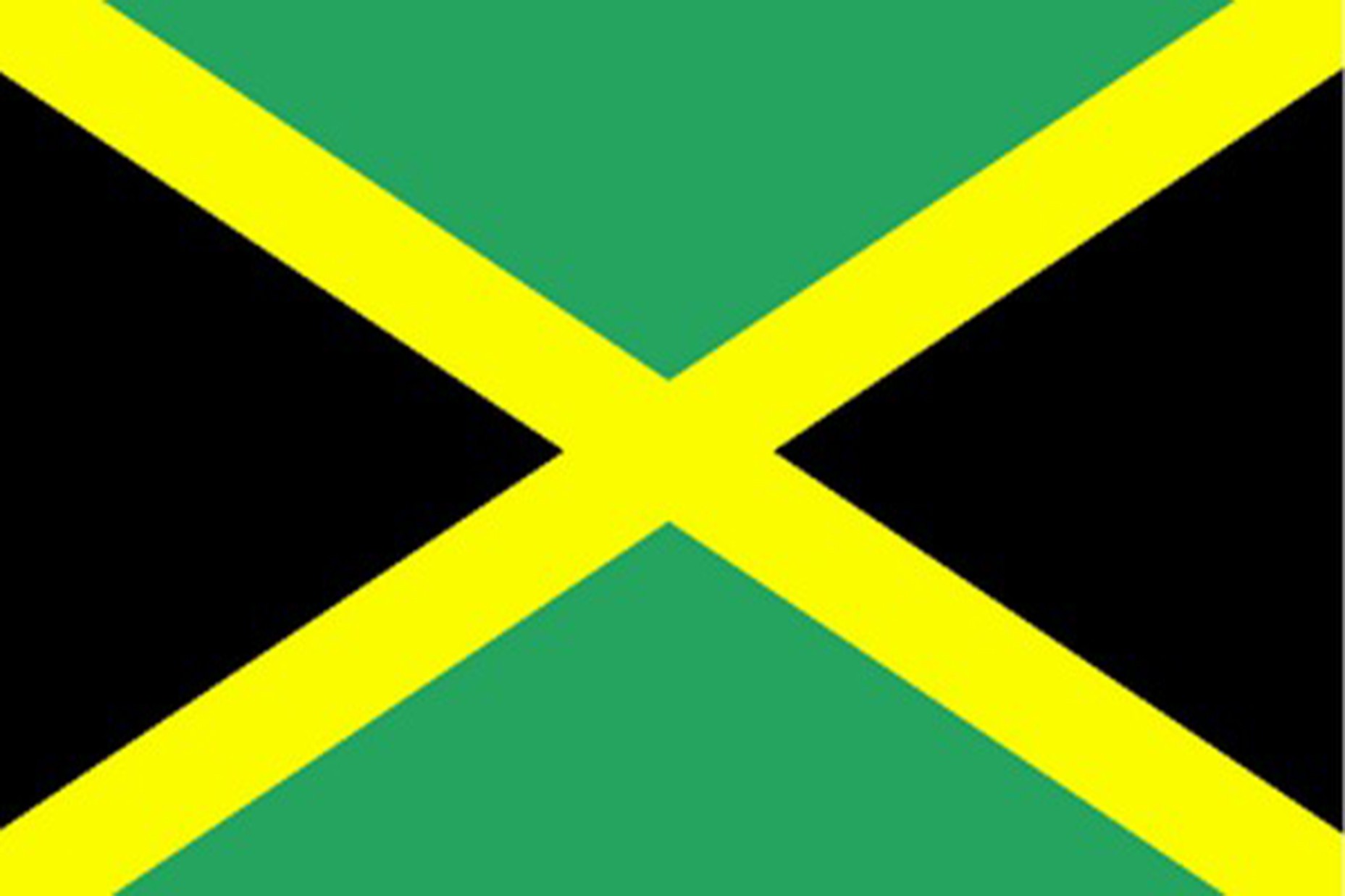



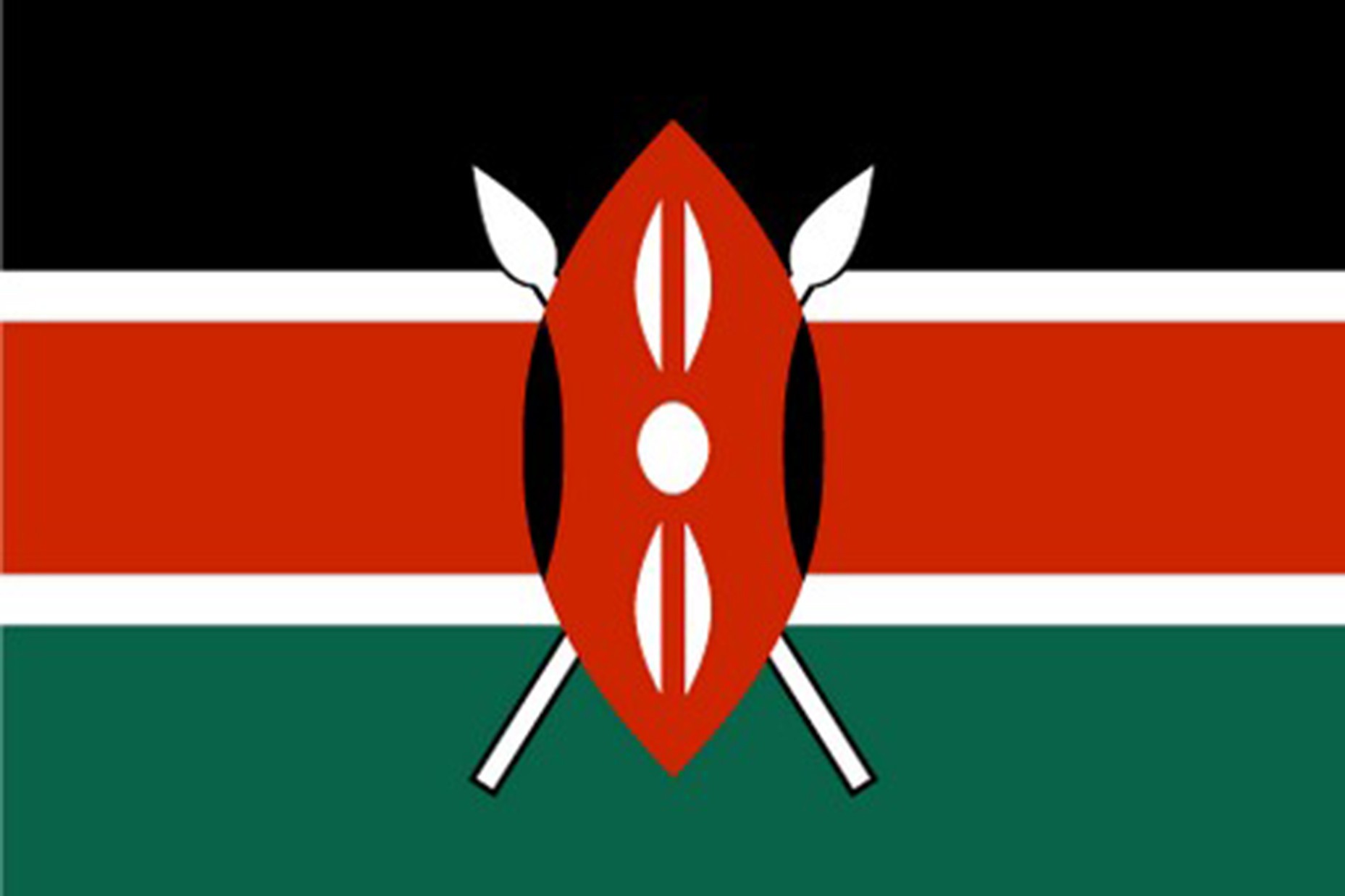

























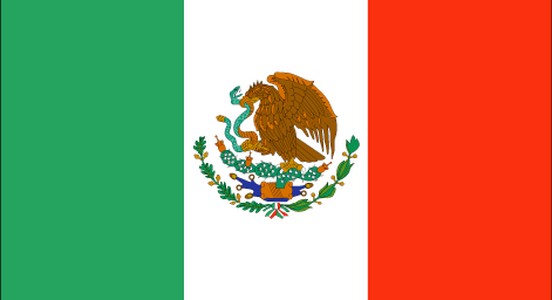















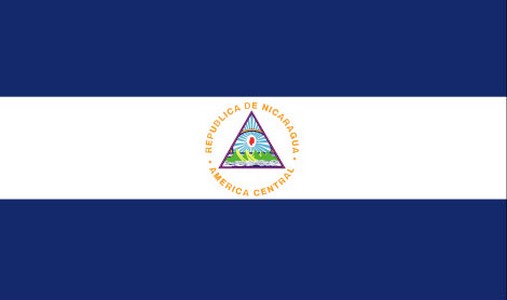

















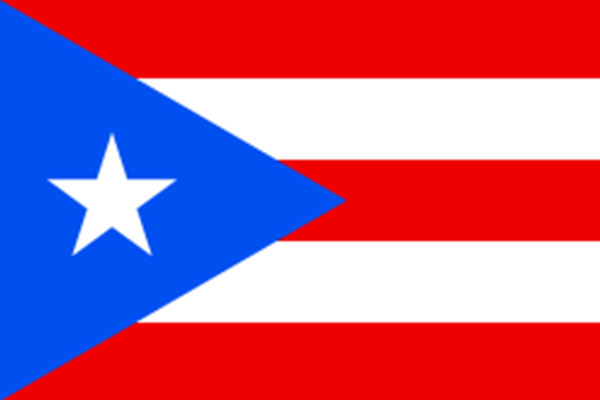














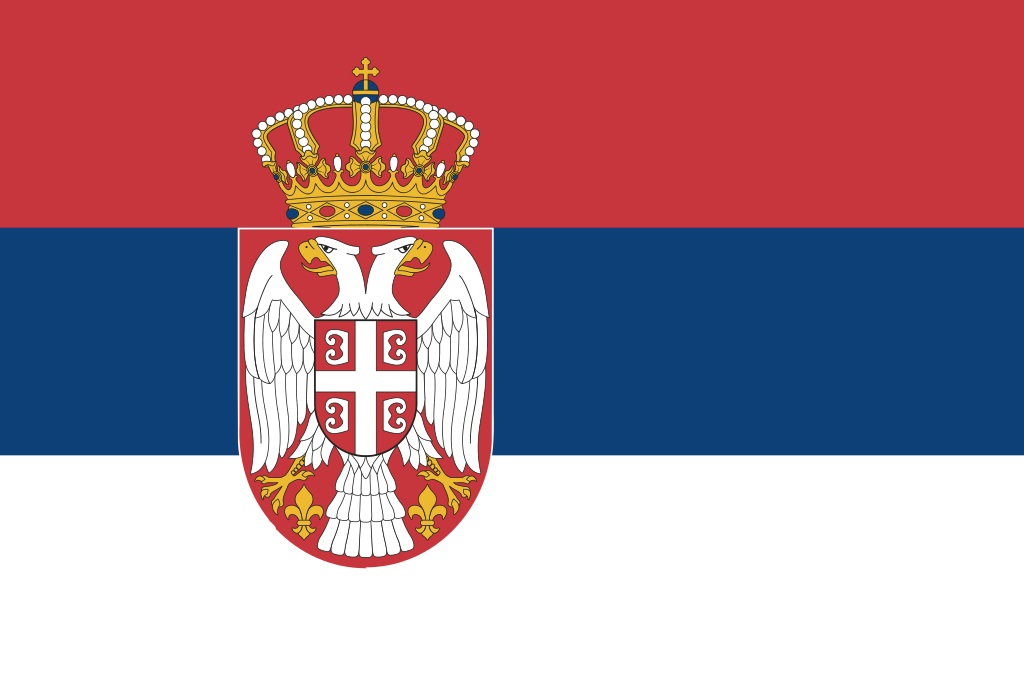









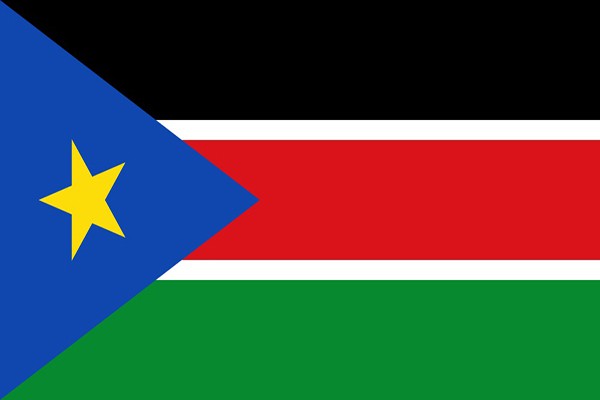




















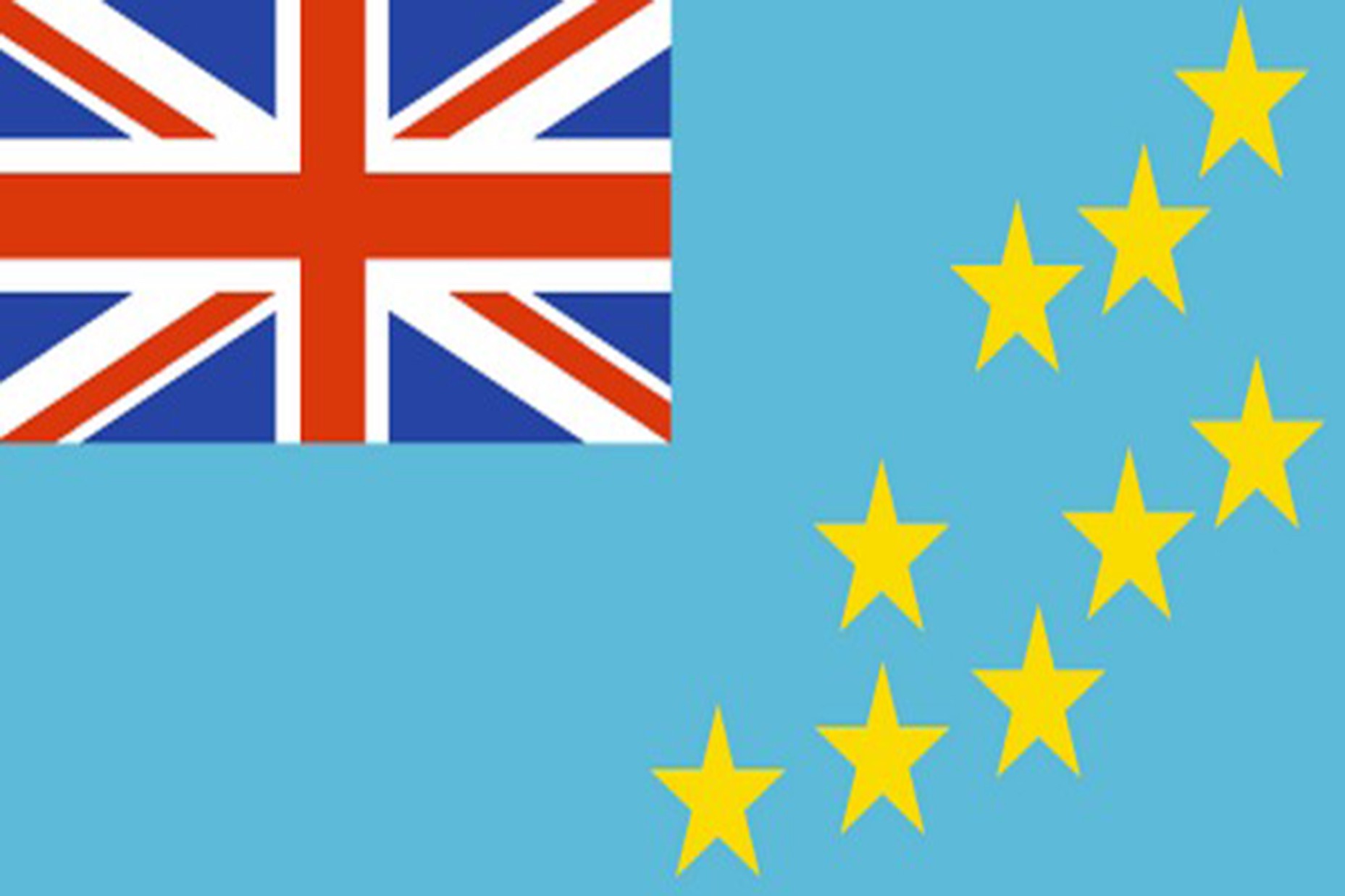








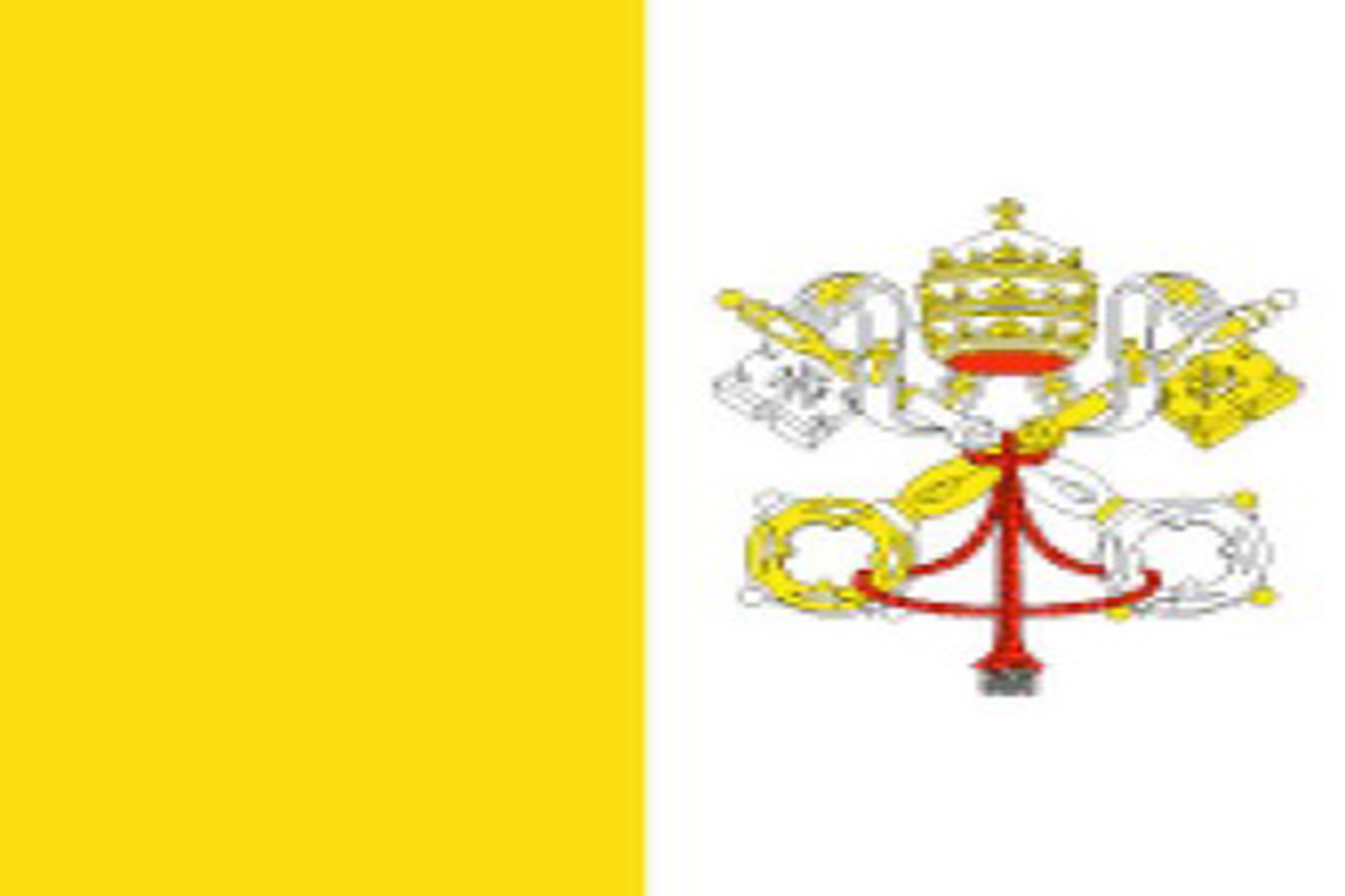
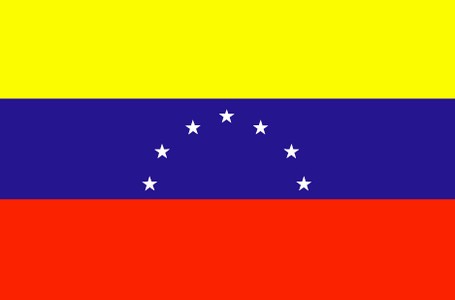




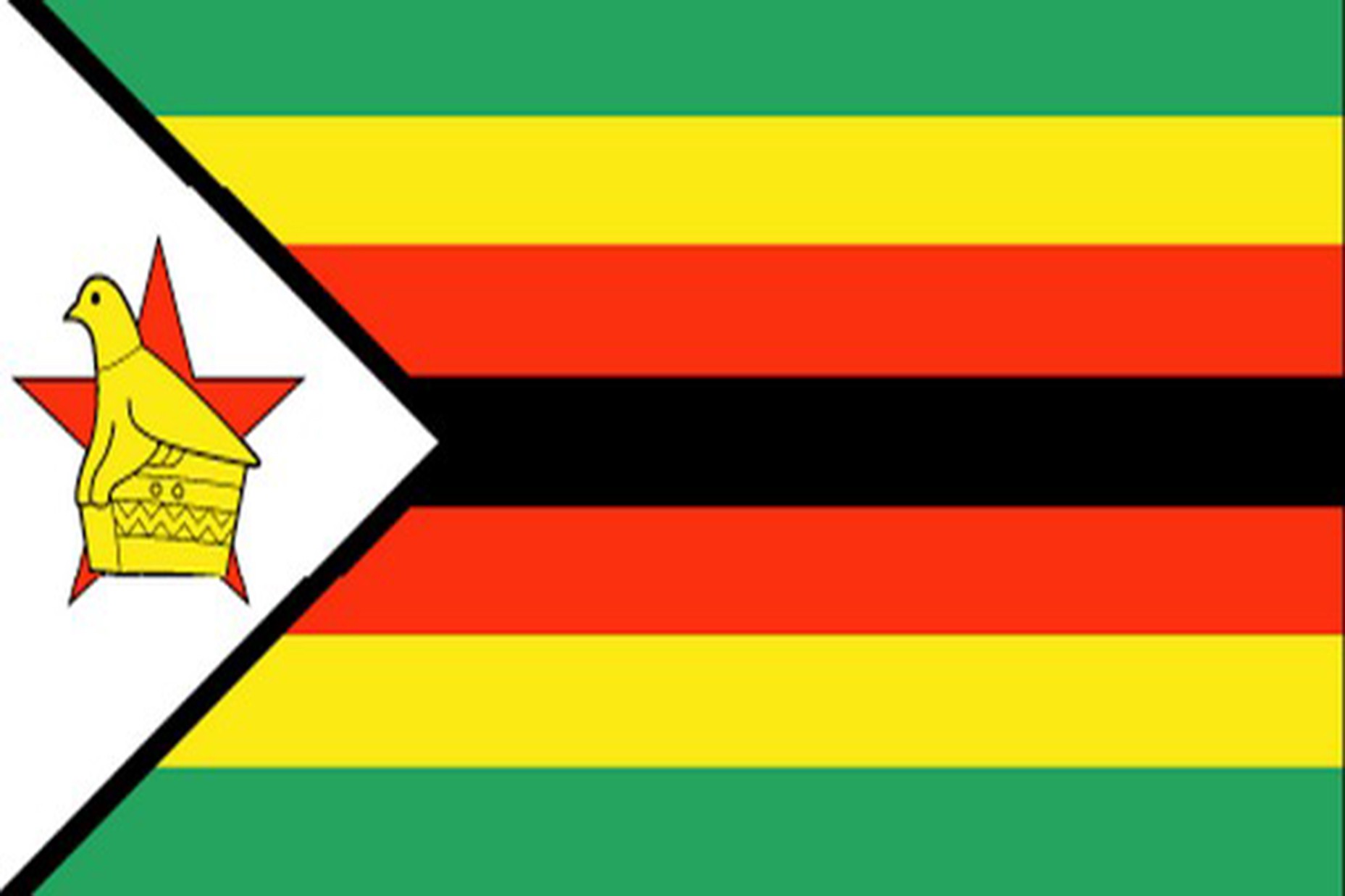
 September 5, 2024
September 5, 2024 






 Tags...
Tags... 


















Leave a comment below: